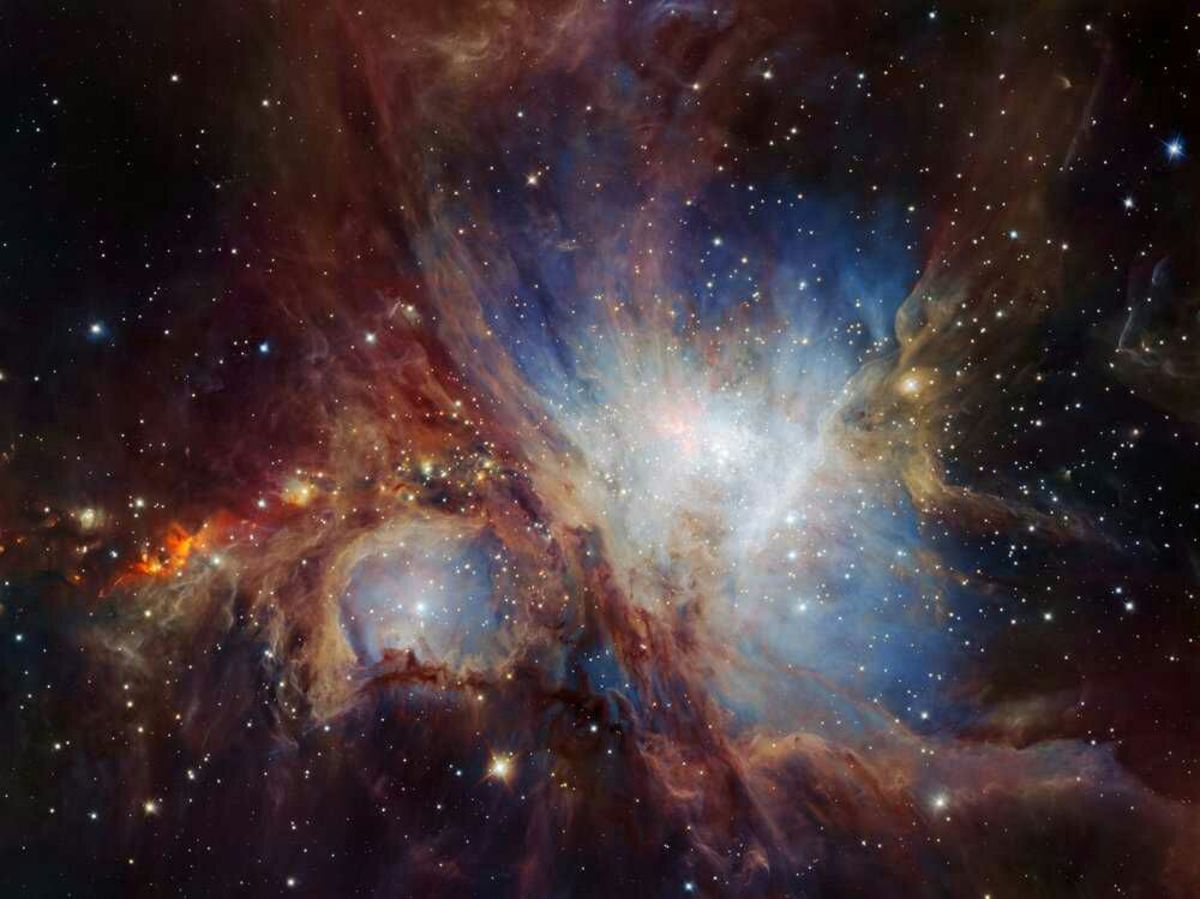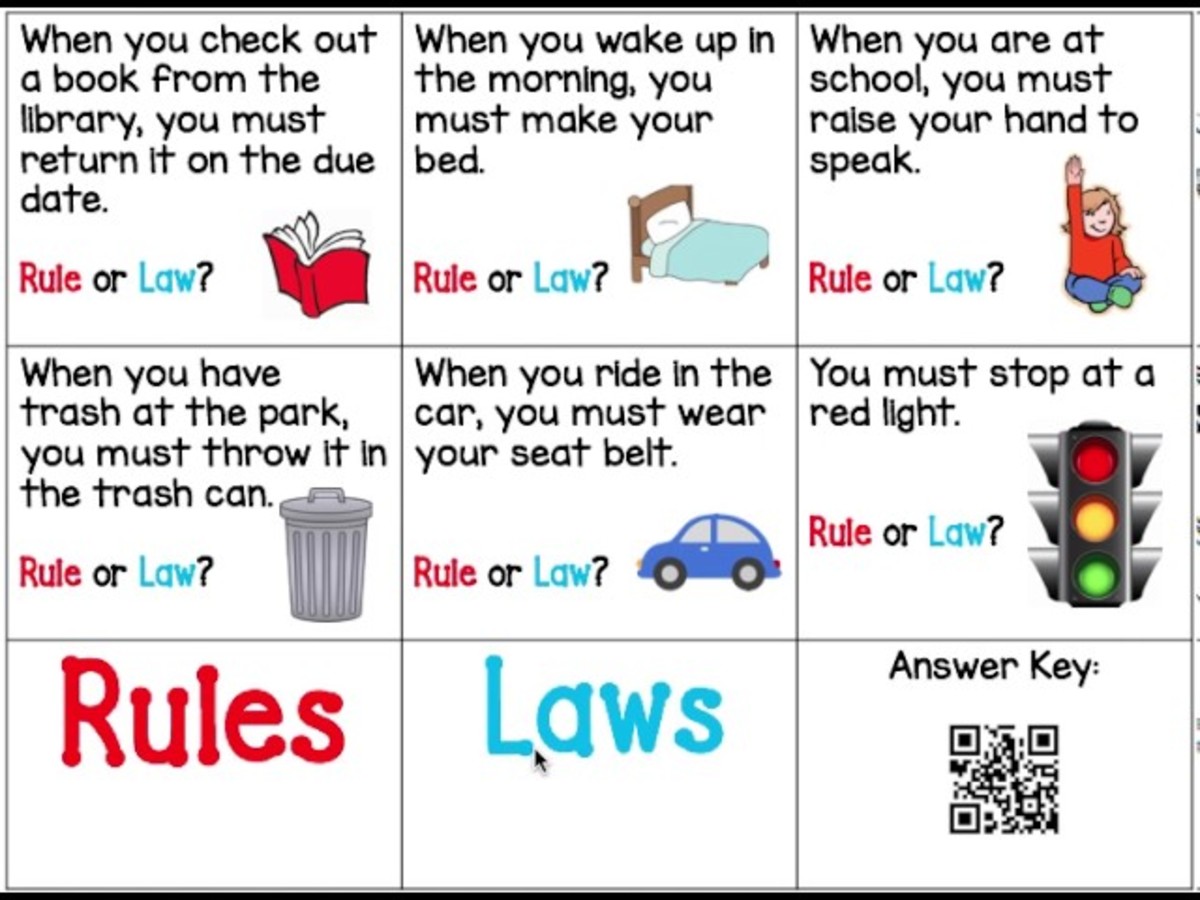Deliberating on why God allows for evil
A long line of thinkers have given thought to good and evil.
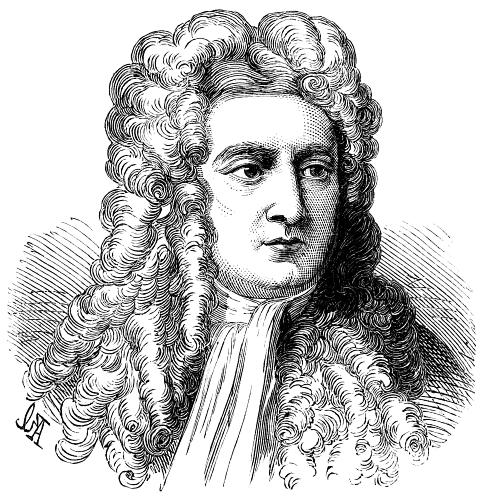
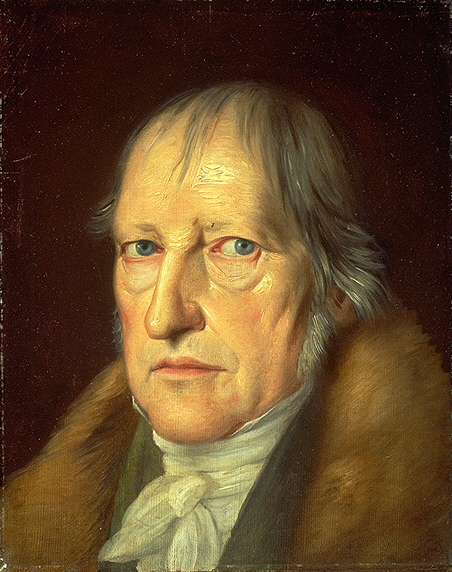
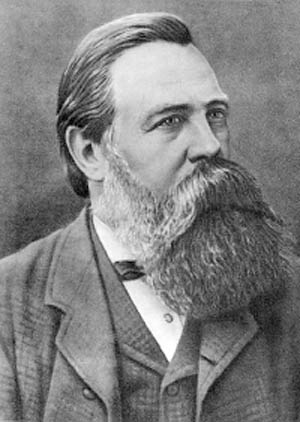
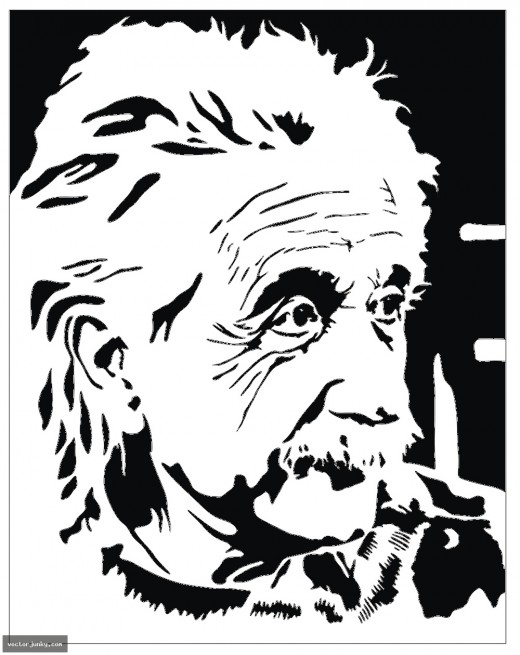
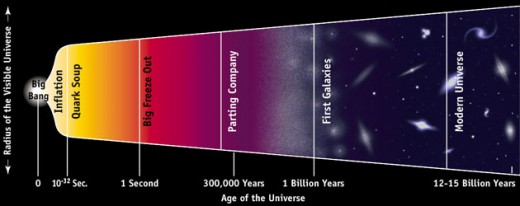
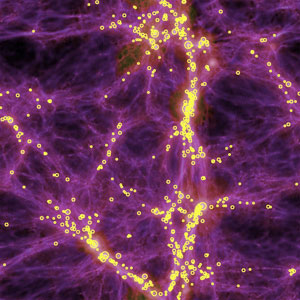
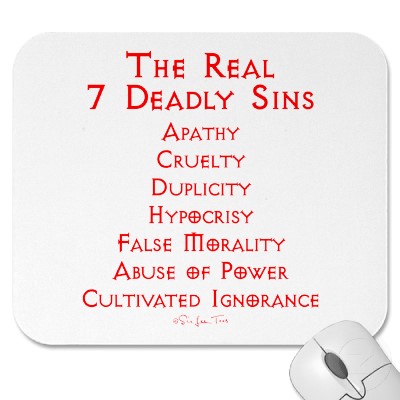
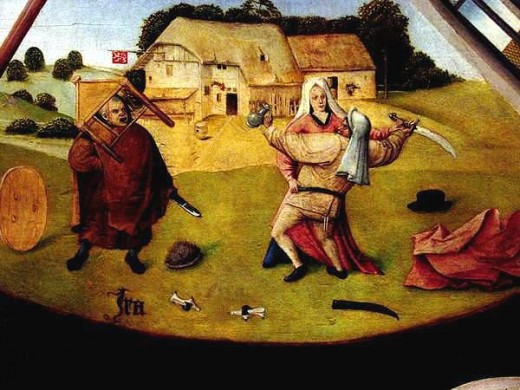
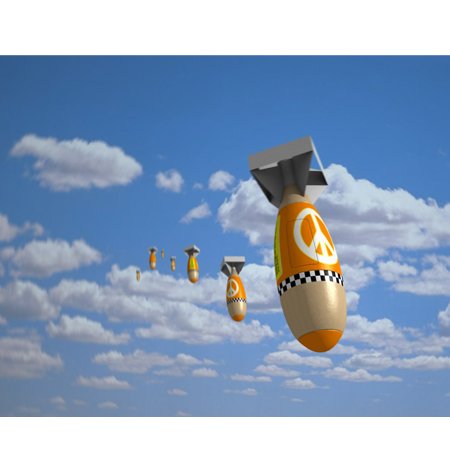
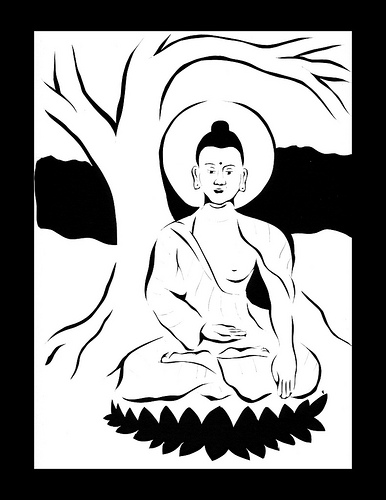
Good and evil seem to be part of the fabic of the cosmos, but these are relative terms.
In the beginning there was nothing but God and God took that nothing, dividing into two and thus brought into existence the manifest cosmos of opposites. By the arranging of the various opposites by quality and quantity, were all things made, inorganic and organic, visible and invisible, even to that which became neutral. The opposites reacted, warred, evolved and created a third mediating condition; a synthesis of a higher complexity and order, existing in a constant state of change far from equilibrium. It is stated that we cannot know anything except by comparing it with its opposite or something else. So it is with the cosmos and all therein. Thus God allows for evil so that we can know what is good.
Evil and good come in relative and absolute conditions. It is seldom that we see something absolute, but there are plenty of relative conditions that we do know about.
The material cosmos is driven by energy and produces energy by its complex actions. That energy in turn drives the material cosmos. Hegel defines the three fundamental principles of dialectics operating through the evolution in the material cosmos. It is this basis that Engels defines it in his works.
To the extent that we have come to understand natural law, we are aware of the three fundamental laws of dialectics as understood and described by Engels in “Dialectics of Nature”. These laws cover the breadth of phenomena in the cosmos. In summary, Engels stated that the three laws of dialectics are;
The change of quantity into quality and visa versa.
The interpenetration of Opposites.
The negation of the negation.
These insights are among the very best of the visionary philosophers and enlightened scientists.
Within the view of the physical manifestation of the cosmos, we can see the operation of the laws of dialectics in operation. The first law is found within the context of quantum mechanics, the elements of chemistry, the molecules of various substances and phase state changes within single elements, both at the quantum level and atomic level. The second law covers the experiences of Newtonian and Einsteinian mechanics of cosmology. The third law is most clearly demonstrated within the context of evolutionary development. None are totally exclusive of other laws and operate at all levels, but in this study, we can demonstrate the predominance of the fundamental laws within the given context in each case.
Now, none of these laws operate completely in isolation of the others, but in fact operate in unison, with one seemingly to predominate. This is how dialectics functions in a synchronous fashion in the visible cosmos through the manifestations of cause and effect. It is this combination of several parts operating together on continual developmental synthesis that makes dialectics so dynamic. In the first law of the change of quantity into quality, we can see the function of the transmutation of energy into matter and matter into energy within the Einsteinian equation of E = mc^2. This theory has been born out in nuclear physics demonstrations, where matter and energy are interchangeable. Matter is converted to energy in the nuclear process of fission in reactors designed to liberate energy to drive technology. In the process, measurable loss in the mass of the matter remaining in the reactor can be detected. Energy is released in the form of various energy photons, neutrons and heat. A quantity of matter is converted qualitatively to energy which manifests entirely different qualities to the matter from whence it arose. In the second law, we see the delicate balance between gravitational attraction and the expression of momentum in elliptical orbits around a center of gravity, or, the struggle of heat and gravity in balance in the core of the sun. Engels described gravity as a force of attraction and heat as a force of repulsion and these forces being opposite interpenetrate one another within the sun. In the third case, we see the formula for the unfolding of living dynamic processes in the course of the changes experienced from birth to maturing to death. The negation of the negation also finds its mark in evolution.
In nature we see phenomena like death and predation. In fact, in the sum of the living biosphere we see a succession of plants converting sunlight and raw elements into complex organic molecules that can store energy, replicate themselves and make complex molecules. The very structure of organic matter at this level suggests that it should be as eternal as the elements that it is made from; yet it is not. The reasons for this are plain once one is aware that the Earth is also a dynamic place undergoing constant change as well. The range of change on Earth is tremendous as indicated from the evidence that abounds all around it. Many of these changes are extremely harmful to life and life has had to adapt by natural selection to incorporate these changes in its matrix. Thus, in the life cycle of most complex organisms there are stages that range from the microscopic to flora and fauna of enormous proportions. Evolving out of and parallel to the plant kingdom are animals, viruses, bacterial and fungi. Many animals feed on plants and some animals feed on other animals. This is the natural order as it has evolved to this date. The struggle of life against the assaults of catastrophe and species against species is the source of the idea where the whole of nature groans in travail awaiting the day of liberation from pain and death that originated from the original sin and evil. This is the foundation of much of religion. A lot of this evil in the world has natural causes and is relative, even necessary to maintain the health of the whole ecosystem. Where natural occurrence of evil differs from that which is uniquely human is that much of the natural is fated, whereas the choices we make are something we can chose to do or avoid. Buddhist thinking tells us that the world is a place of suffering. This is divided into two types, the unavoidable that comes from natural sources and the preventable type that we can control from our actions.
Human beings are noteworthy in their ability to inflict and suffer from unnecessary pain and disease that can be readily prevented. Unnecessary pain comes primarily from greed. Those who buy their freedom from our sweat and torment and even profit from our misery are the guiltiest of promoting this kind of pain and disease. Everyone however, has felt the sting of unfulfilled desire, which runs the gamut of life’s experiences and wants. There are three primary ways that this is dealt with. In the first case, the desired thing or condition is obtained at someone else’s expense. In the second case, the aspiring meditater seeks to quiet the restless desire state. In the third and majority case, people live with that state unfulfilled and unsuppressed. The pain of violence and torture is by far the most tragic simply because it is entirely avoidable, yet these evils continue unchecked and are even encouraged by some ruling power elite. Into this category falls all wars for profit, expansion and conquest, violence encouraged through scapegoating of any and all minorities and torture for reasons of behavior and population control. We as aware human beings have a direct responsibility to do whatever it takes to halt this state of affairs. We must dialectically intervene in history to bring an end to this unnecessary misery, even to the extent of returning this parcel to the original shipper. The existence of pain creates in all a desire for a better world which has manifested in medieval times as the concept of a paradise after death and in modern times has manifested through popular protest and insurrectionist activity, directly acting in life to seize a better world through dialectical action.
Perhaps someday humanity will learn the lesson about preventable evils. It seems that all of us have to suffer from some of this in order to learn everything and take action to bring a stop to the miseries that we can directly control. It is not enough for a few individuals to make a better world; it will take everyone to overcome evil that we can prevent ourselves. This will mean that we will have to practice the idea of equality in all senses rather than just expressing it in words. When we can practice this, then we can work together on some of those evils like earthquakes and famines that befall the world and affect all of us collectively.
No discussion on why God allows for evil can be complete until we acknowledge that God gave mankind free will and this means that we can chose to do evil or to do good. The Bible is very clear as to what constitutes evil and what is good. What we need to appreciate is that we do have the free will and that we can do to others what we would like to happen to us. Thus is should become clear by this that since we don't want to suffer the tortures of hell, we should not visit them upon others. If we could all agree and do this, we would take a major step in improving the world.



